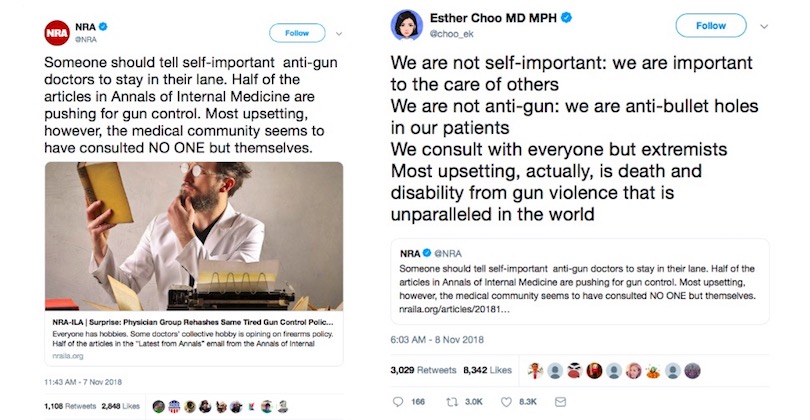Doctors can no longer ‘stay in their lane’ as governments and lobbying groups promote disinformation that obstructs health needs, writes Dr Jin Russell on The Spinoff.
An excerpt (read in full).
The nature of medical work is increasingly technical and hurried. This leaves little time for physicians to advocate to challenge the structural determinants of poor health – those ‘wicked’ injustices that arise from the way in which our society is organised, rather than from a bacterial toxin, a rampant virus, a genetic quirk. But the medical profession is, as the Hogwart’s motto imagines, a sleeping dragon. When provoked, its reaction is a pretty mighty spectacle to behold. It roars with harrowing stories, with compelling data, and with images of bloodied theatre floors. It upholds a professional ethic that binds doctors to being completely for the other. If we see violence, we must testify to that violence.
Doctors are ideally positioned to advocate. Aristotle described various elements of persuasion: ethos – the credibility of the presenter; pathos – the ability to appeal to emotions; and logos – the ability to appeal to the logical mind, sometimes with facts and figures.
Doctors can use all three. We have the privilege of hearing people’s stories first-hand, we are eye-witnesses to their suffering. We are trained to interpret data and to contribute to scientific research. Since the Hippocratic Oath, doctors have pledged to live according to a shared ethic of care and concern for others rather than self. We treat and heal wounds as we are able; we will treat anyone who needs help.
